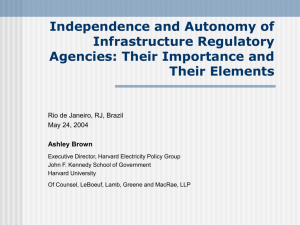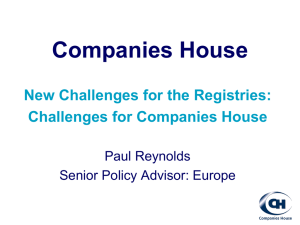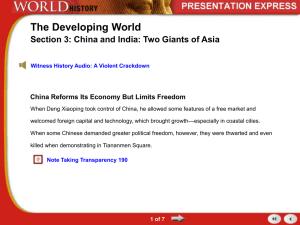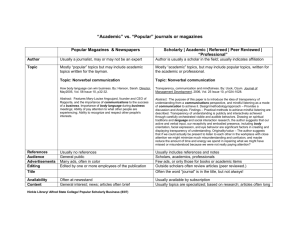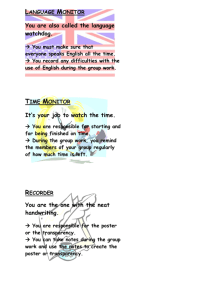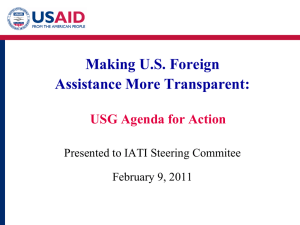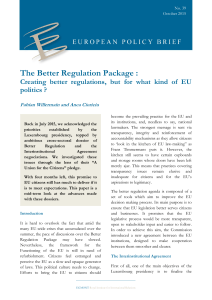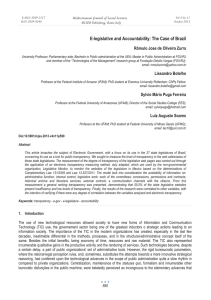A. Alemanno - Access Info Europe
advertisement
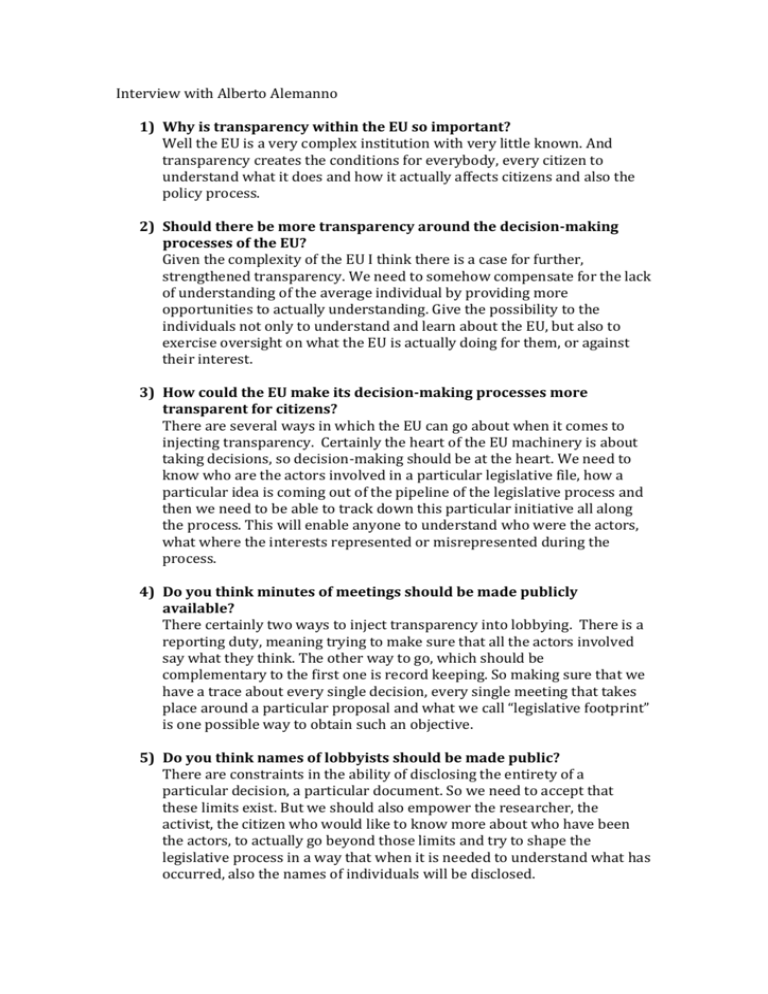
Interview with Alberto Alemanno 1) Why is transparency within the EU so important? Well the EU is a very complex institution with very little known. And transparency creates the conditions for everybody, every citizen to understand what it does and how it actually affects citizens and also the policy process. 2) Should there be more transparency around the decision-making processes of the EU? Given the complexity of the EU I think there is a case for further, strengthened transparency. We need to somehow compensate for the lack of understanding of the average individual by providing more opportunities to actually understanding. Give the possibility to the individuals not only to understand and learn about the EU, but also to exercise oversight on what the EU is actually doing for them, or against their interest. 3) How could the EU make its decision-making processes more transparent for citizens? There are several ways in which the EU can go about when it comes to injecting transparency. Certainly the heart of the EU machinery is about taking decisions, so decision-making should be at the heart. We need to know who are the actors involved in a particular legislative file, how a particular idea is coming out of the pipeline of the legislative process and then we need to be able to track down this particular initiative all along the process. This will enable anyone to understand who were the actors, what where the interests represented or misrepresented during the process. 4) Do you think minutes of meetings should be made publicly available? There certainly two ways to inject transparency into lobbying. There is a reporting duty, meaning trying to make sure that all the actors involved say what they think. The other way to go, which should be complementary to the first one is record keeping. So making sure that we have a trace about every single decision, every single meeting that takes place around a particular proposal and what we call “legislative footprint” is one possible way to obtain such an objective. 5) Do you think names of lobbyists should be made public? There are constraints in the ability of disclosing the entirety of a particular decision, a particular document. So we need to accept that these limits exist. But we should also empower the researcher, the activist, the citizen who would like to know more about who have been the actors, to actually go beyond those limits and try to shape the legislative process in a way that when it is needed to understand what has occurred, also the names of individuals will be disclosed. 6) And what about documents submitted by lobbyists, should they be made public? Document submitted by lobbyists through the legislative process do represent the real black spots. There is no way that the average citizen can learn what a particular company has been arguing or submitting. So there is clearly a case for creating a record keeping system that will enable anyone to understand what a particular company has argued, what a particular non-profit, a particular NGO has argued in the particular process, and this clearly requires a record keep system that will enable anyone to look proactively for those data with a searchable mechanism.
